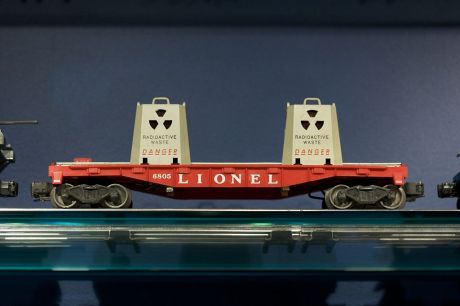One approach to radioactive waste management (RWM) is geological disposal, which involves sealing the waste deep underground in a stable environment. However, as this method poses many challenges, it is important that the theoretical approach be integrated into a real-world waste management system.
The EU-funded
INSOTEC ((International) Socio-technical challenges for implementing geological disposal) project was specifically established to address the social and technical challenges of geological disposal. The project analysed data from 14 EU states to understand current RWM design and implementation capacity as well as gaps.
With this in mind the project team compiled reports that detail the current state of RWM in different EU countries. It also generated an overview of the sociopolitical challenges that relate to the technical aspects of geological disposal. Additional reports on international governance associated with RWM have also been produced. From the data collated, four aspects of geological disposal were identified for further analysis: reversibility and retrievability, siting, safety, and technology transfer.
Moreover, the project team underlined the importance of widening research on RWM to integrate the social aspects of science and technology as well as to identify socio-political requirements. It called for more integrated and interdisciplinary research and development projects on RWM with focus on geological disposal, bringing together researchers from natural sciences, social sciences, humanities and engineering.
The results of INSOTEC will help guide governments and institutions in the implementation of RWM and could ultimately provide solutions to both specific and general challenges in the field.

